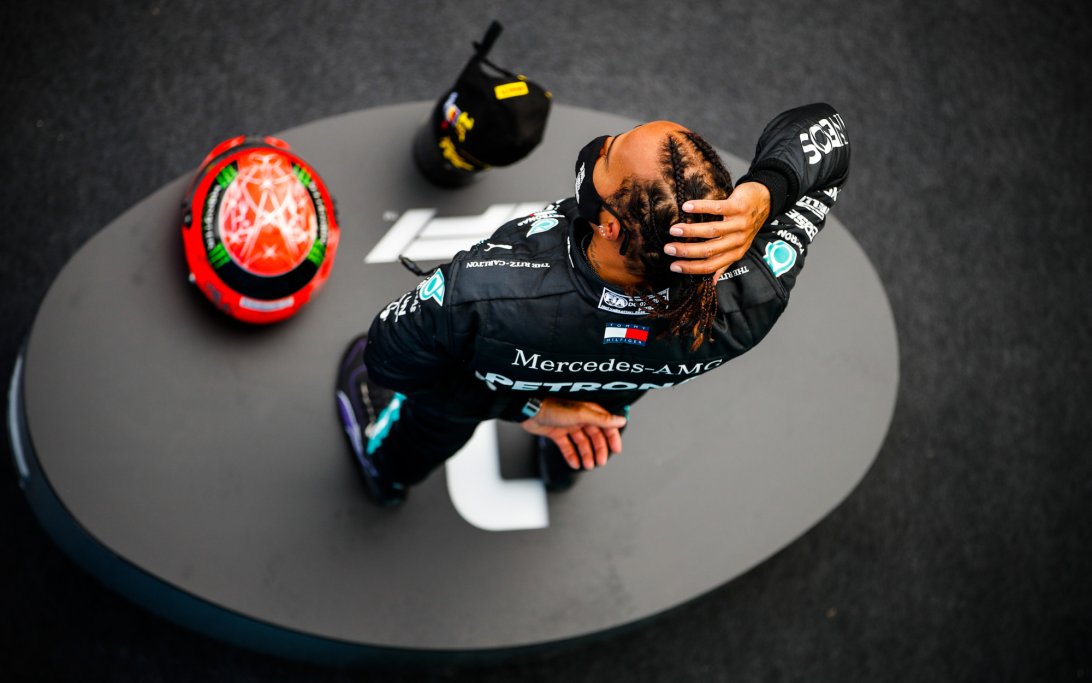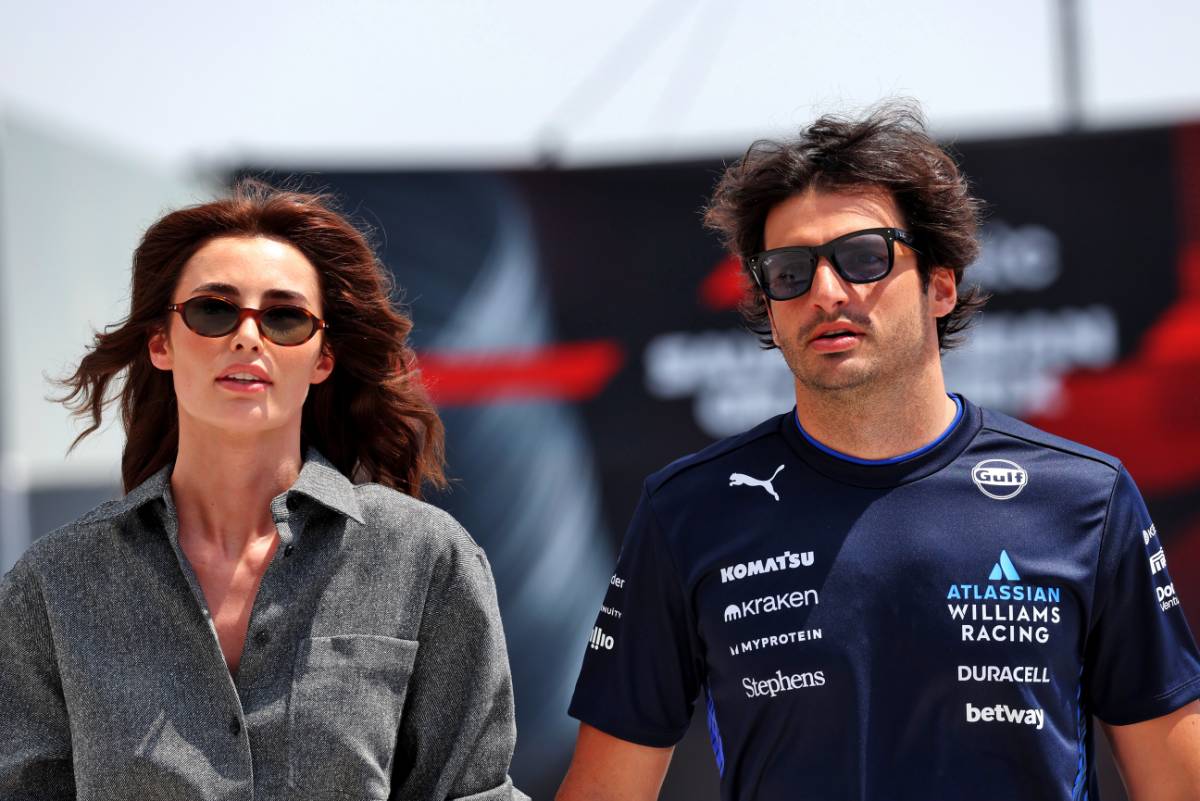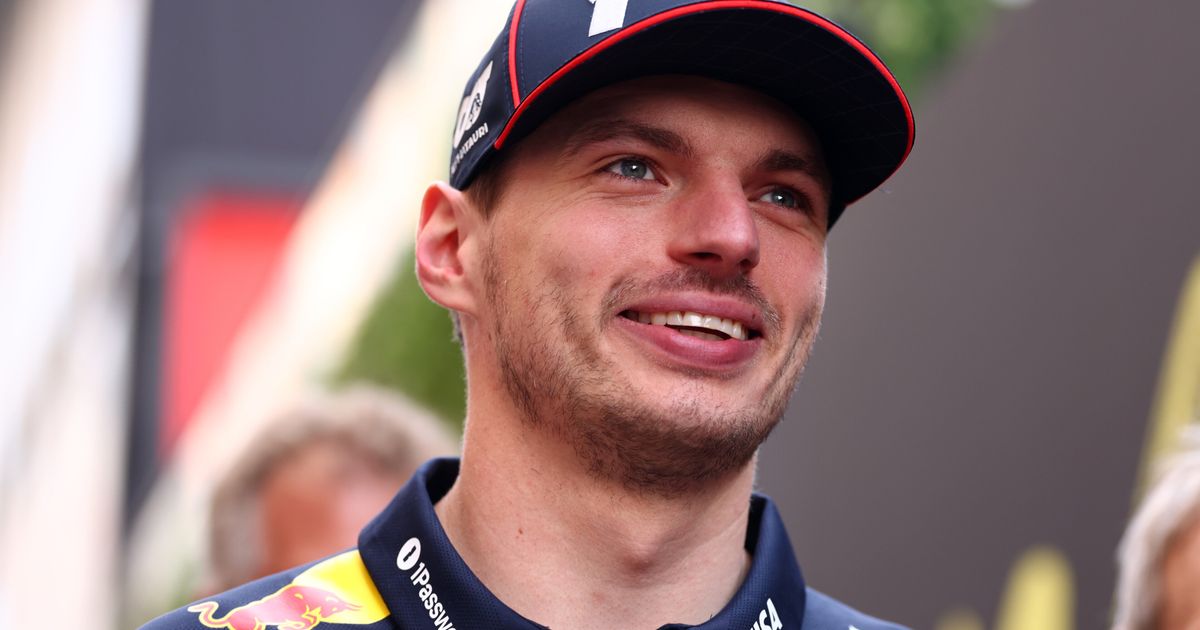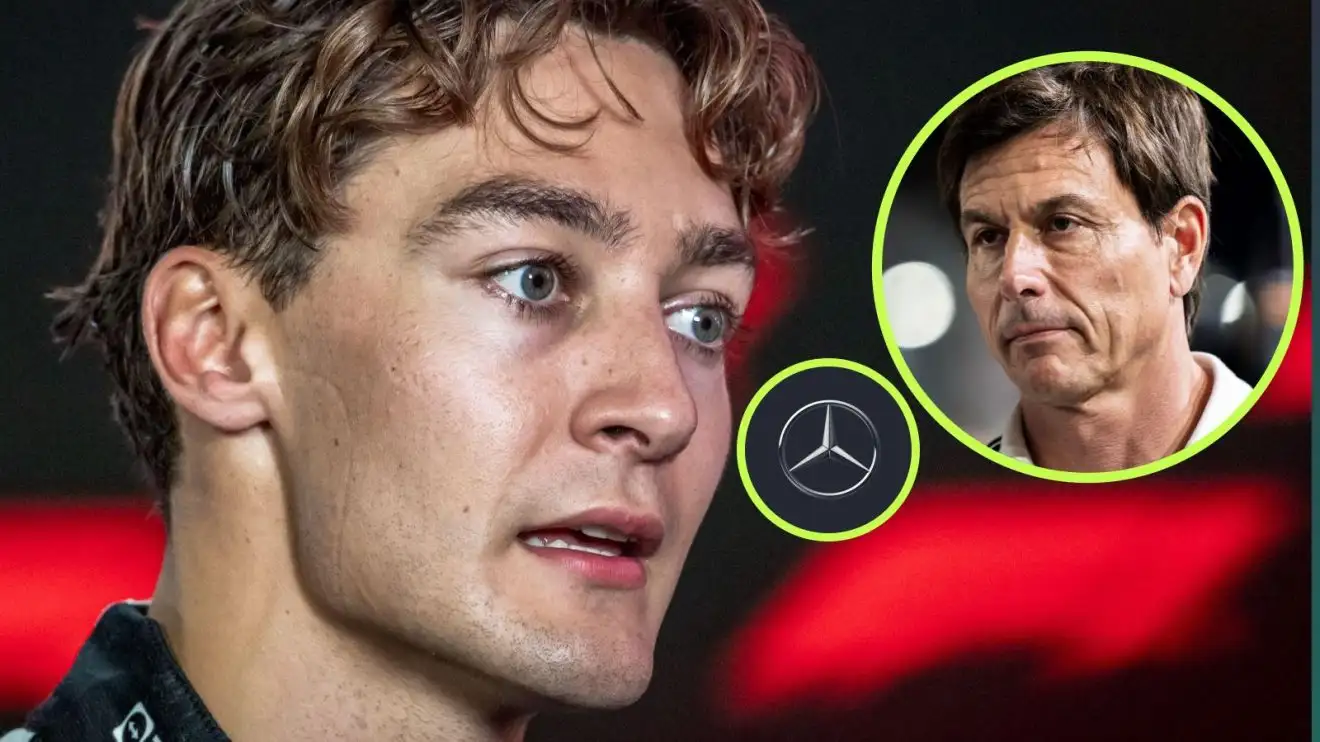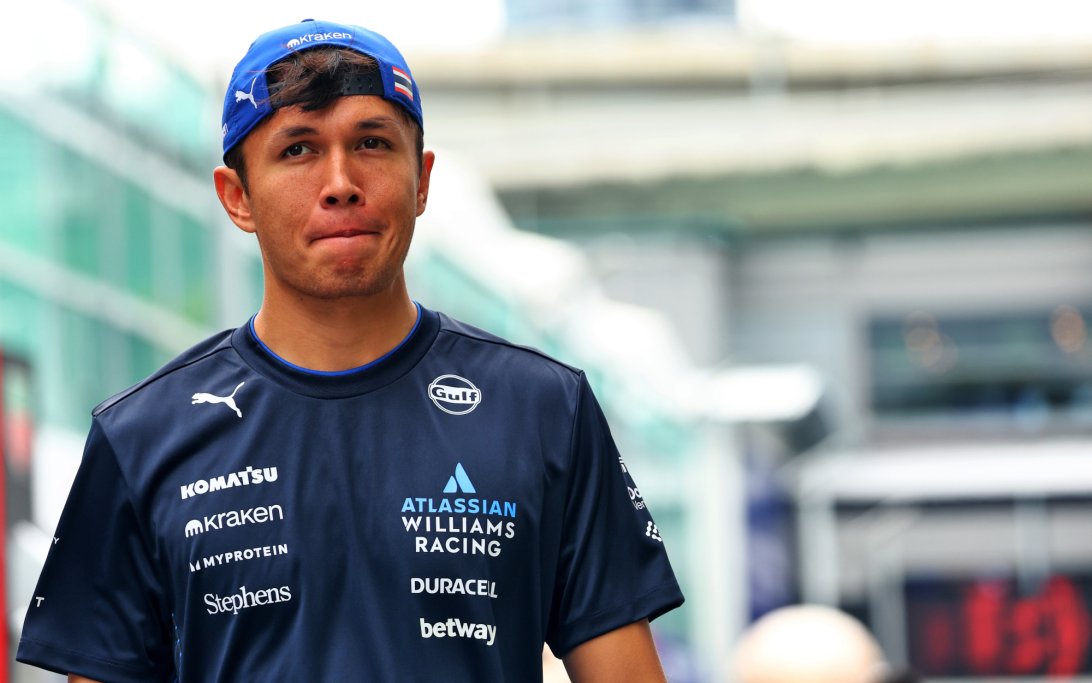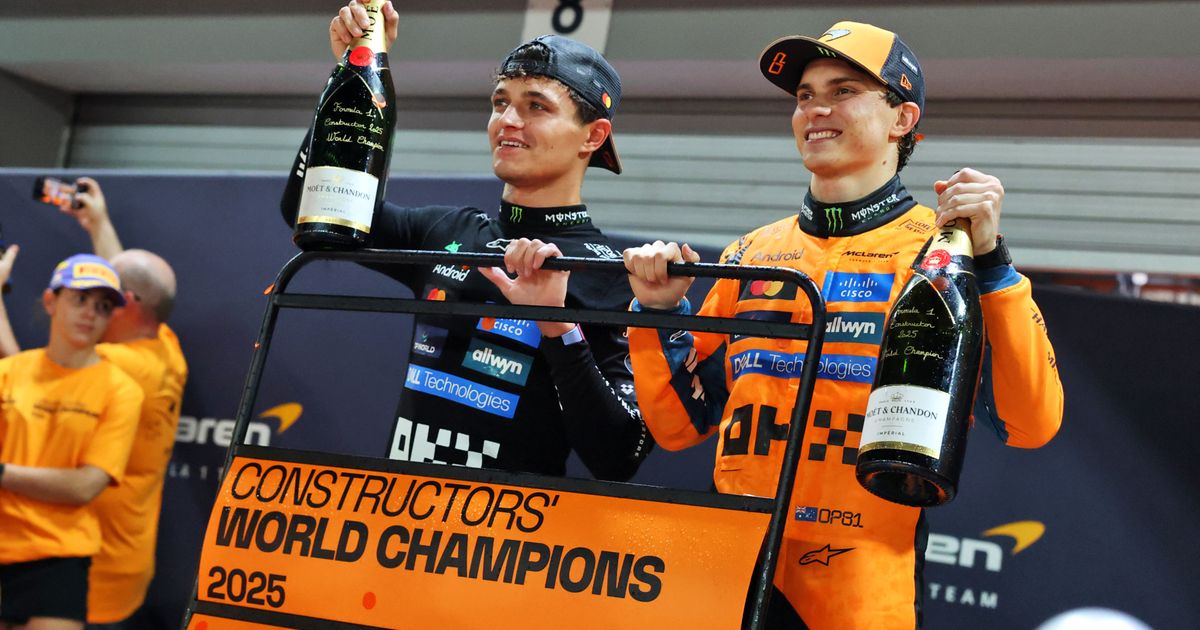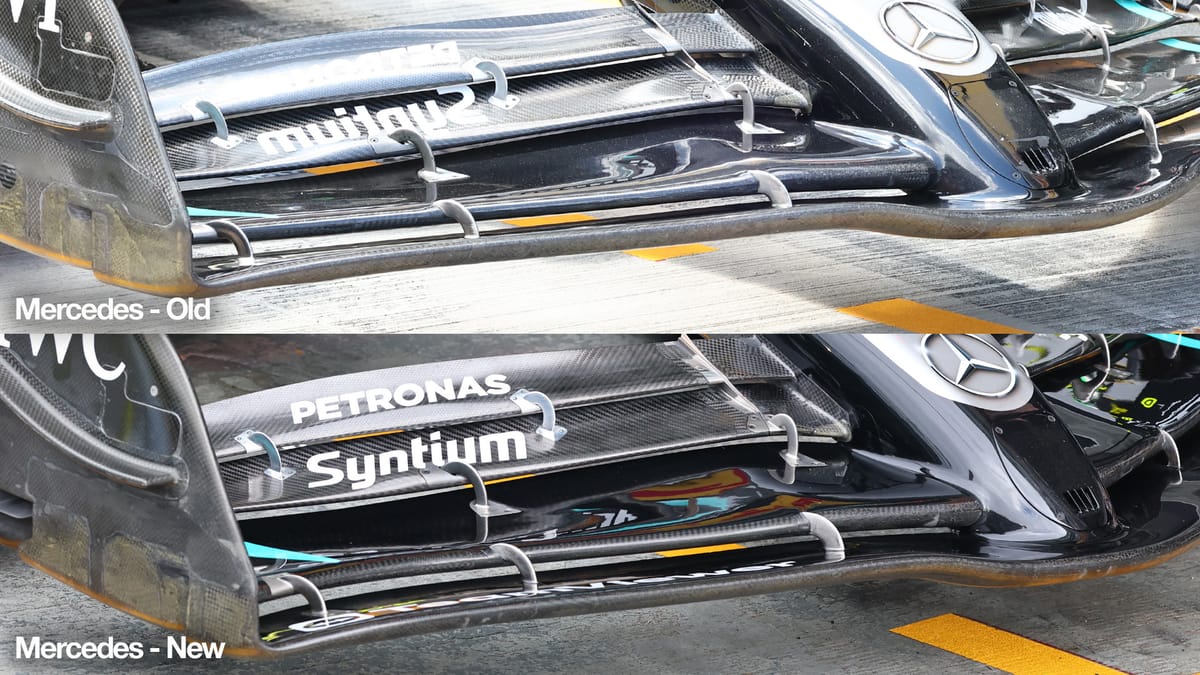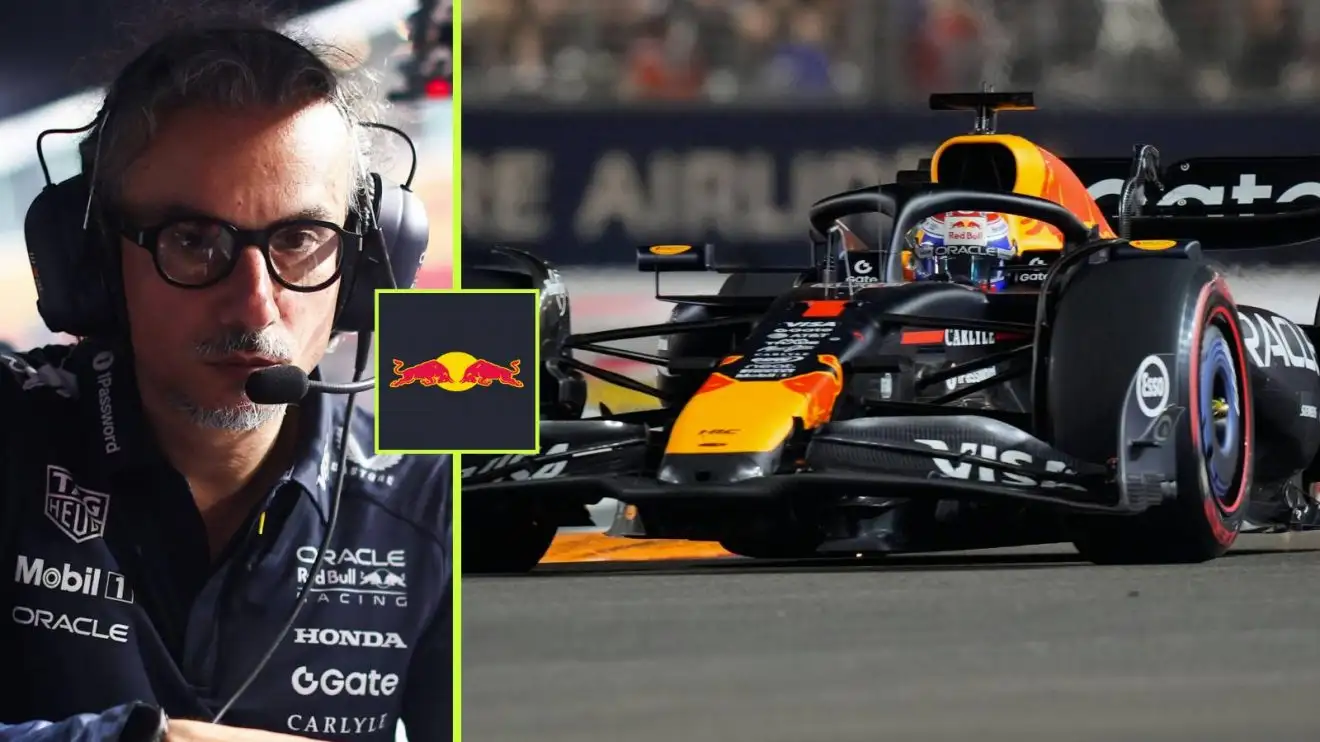
Red Bull's RB21 Upgrades Prioritize 2026 Confidence Over Immediate Performance
Red Bull is continuing to roll out upgrades for its RB21 car as the F1 2025 season approaches its conclusion. While this ongoing development comes with a short-term cost for the upcoming F1 2026 regulations, team principal Laurent Mekies emphasizes it's a strategic investment aimed at validating their development tools and methodologies for the future.
Why it matters:
After a period where Red Bull struggled with simulation-to-real-world correlation, this continued investment in the RB21 is crucial for building confidence in their development processes. A robust understanding of how their tools translate to on-track performance now is key to hitting the ground running when the revolutionary 2026 regulations arrive.
The Details:
- Consistent Upgrades: Red Bull has introduced 10 declared revisions to the RB21 over the last five races, more than any other front-running team. These include a revised floor body at Monza, a re-profiled rear corner in Baku, and an updated front wing in Singapore.
- Performance Impact: This sustained development has coincided with an improved run of results for Max Verstappen, who has secured two wins and two second-place finishes in the last four Grands Prix, significantly narrowing the championship gap.
- 2026 Trade-off: Laurent Mekies acknowledges that focusing resources on the RB21 at this late stage of the current regulation cycle means a 'cost' to initial outright performance for the 2026 car (RB22).
- Validation for the Future: Mekies justifies this trade-off by explaining the importance of validating their current development tools and methodologies. Success in understanding the RB21's performance gains from these updates will provide critical confidence for the vastly different 2026 car project.
- Correlation Challenges: Red Bull has faced challenges in recent seasons with discrepancies between their simulations and real-world car performance. This ongoing RB21 development aims to address and rectify these correlation issues.
Between the lines:
While most teams have largely shifted focus to the 2026 regulations, Red Bull's approach suggests a deeper, long-term strategy. They are not merely chasing immediate performance, but rather using the remaining races of the 2025 season as a high-stakes testing ground to refine their entire development ecosystem. This commitment to 'learning by doing' with the RB21 could ultimately give them a significant advantage when designing and optimizing their 2026 challenger, despite the short-term resource allocation away from the new project.
What's next:
Red Bull's continued upgrades to the RB21 are a calculated gamble. If their efforts in validating development tools and improving correlation pay off, it could provide a strong foundation for their 2026 car. However, rival teams like McLaren have opted to cease 2025 development and entirely focus on 2026, creating a divergence in strategies that will only fully reveal its success or failure when the new regulations debut.
Original Article :https://www.planetf1.com/red-bull/red-bull-laurent-mekies-opportunity-cost-ident...


